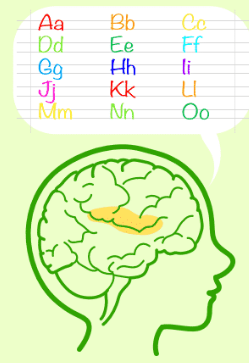LEARNING DISABILITIES
Learning disabilities are neurologically-based processing problems. These processing problems can interfere with learning basic skills such as reading, writing and/or maths. They can also interfere with higher level skills such as organising, time planning, abstract reasoning, long or short-term memory and attention span. It is important to realise that learning disabilities can affect an individual’s life beyond academia and can impact relationships with family, friends and in the workplace. Since difficulties with reading, writing and/or maths are recognisable problems during school years, the signs and symptoms of learning disabilities are most often diagnosed during that time. However, some individuals do not receive an evaluation until they are in post-secondary education or are adults in the workforce. Other individuals with learning disabilities may never receive an evaluation and go through life, never knowing why they have difficulties with academia and why they may be having problems in their jobs or in relationships with family and friends.
Learning disabilities should not be confused with learning problems, which are primarily the result of visual, hearing, or motor handicaps ; of mental retardation ; of emotional disturbance ; or of environmental, cultural or economic disadvantages. Generally speaking, people with learning disabilities are of average or above average intelligence. There often appears to be a gap between the individual’s potential and actual achievement. This is why learning disabilities are referred to as “hidden disabilities”: the person looks perfectly “normal” and seems to be a very bright and intelligent person, yet may be unable to demonstrate the skill level expected from someone of a similar age.
A learning disability cannot be cured or fixed; it is a lifelong challenge. However, with appropriate support and intervention , people with learning disabilities can achieve success in school, at work, in relationships, and in the community. (Reading text adapted from the LDA)

